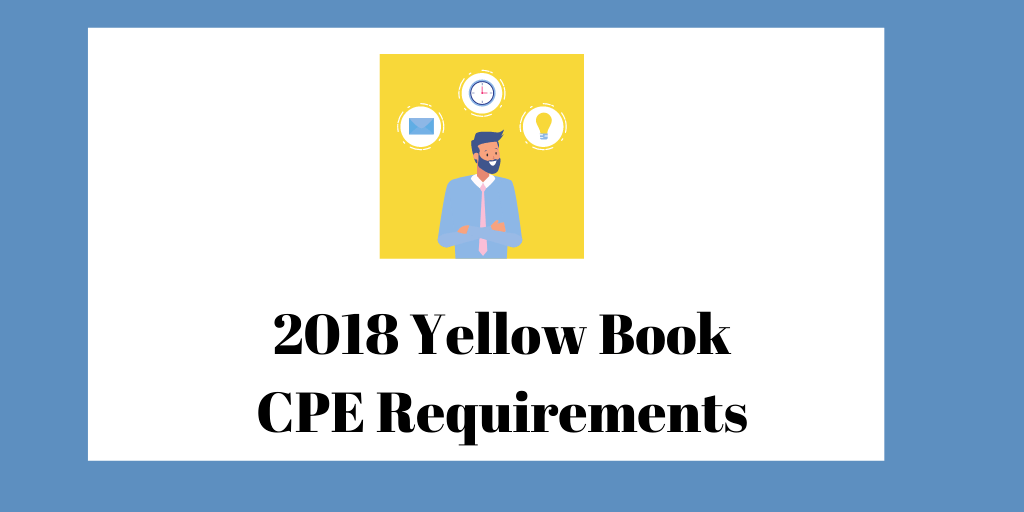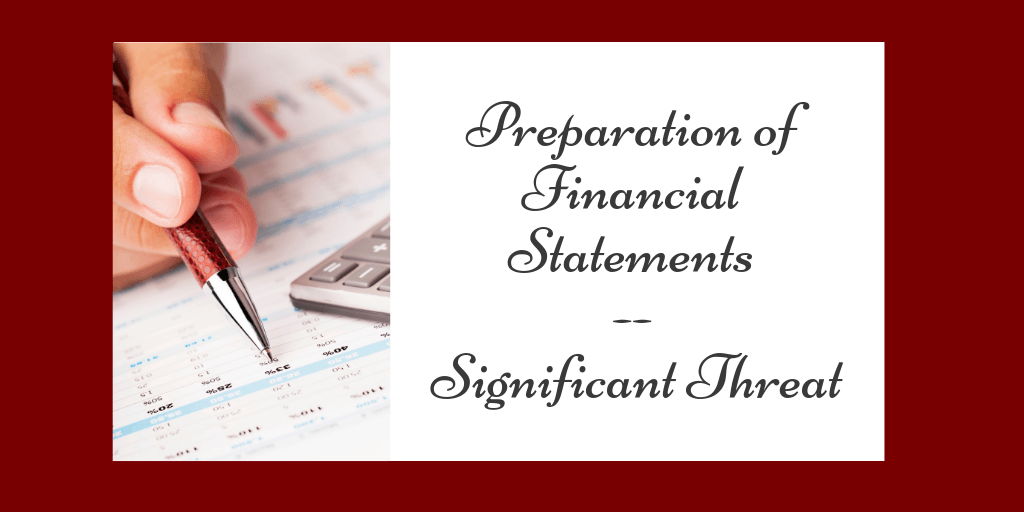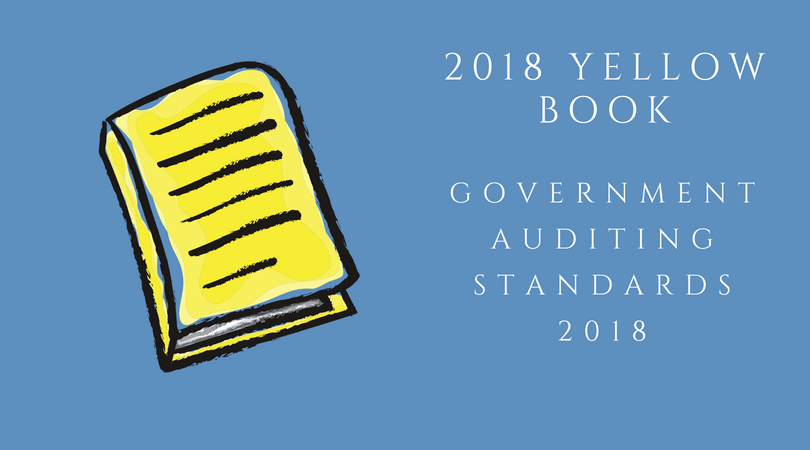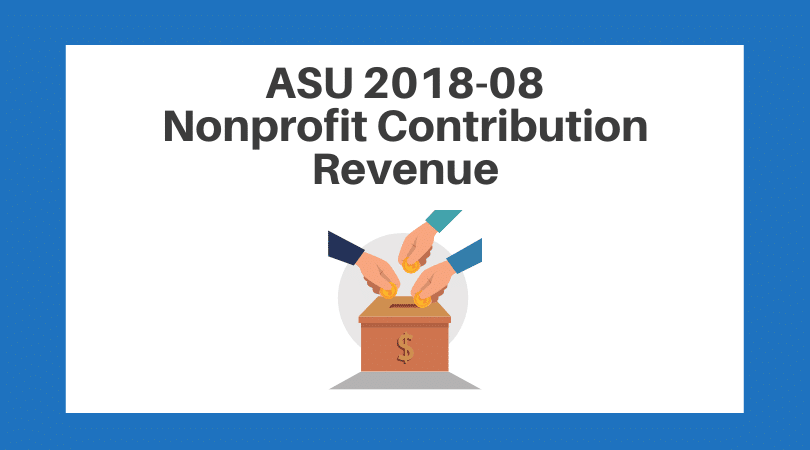2018 Yellow Book CPE Requirements

What are the 2018 Yellow Book CPE requirements?
You’ve heard about the new Yellow Book (effective for audits of years ending June 30, 2020, and after). So, now you’re wondering if there are any changes in CPE requirements. This article explains the Yellow Book continuing education requirements.
Below we will address (1) who is subject to the Yellow Book CPE requirements and (2) what CPE classes satisfy those requirements.
Overview
Paragraph 4.16 of the Yellow Book states “Auditors who plan, direct, perform engagement procedures for, or report on an engagement conducted in accordance with GAGAS should develop and maintain their professional competence by completing at least 80 hours of CPE in every 2-year period.”
Nevertheless, Paragraph 4.26 states “nonsupervisory auditors who charge less than 40 hours of their time annually to engagements conducted in accordance with GAGAS may be exempted by the organization from all CPE requirements in paragraph 4.16.” Additionally, paragraph 4.27 allows an audit organization to exempt “college and university students employed on a temporary basis.”
Auditors not exempted by the provisions in paragraphs 4.26 or 4.27 must take at least 20 hours of CPE in each year of the two years.
So, there is an 80 requirement. Additionally, there are two more requirements:
- 56-hour (every two years)
- 24-hour (every two years)
Below we’ll see:
- Who is subject to each requirement?
- What classes qualify for each requirement?
Before we get into the details, you may be wondering, “How do I know if I am subject to the Yellow Book CPE requirements?” To answer that question, consider whether a Yellow Book report is to be issued (or whether one was issued in a prior engagement). If yes, then consider the requirements below. In most audit reports, you’ll see the Yellow Book report just after the notes to the financial statements. And when must an entity comply with the Yellow Book requirements? Usually when a law or a grant requires it.
Now, let’s start our review of Yellow Book CPE requirements.
The 24-Hour Requirement – Who is Subject?
Who is subject to the 24-hour requirement? If you work on a Yellow Book engagement as an auditor, you are subject to the 24-hour requirement. Even so, if you are a nonsupervisory auditor that works less than forty hours annually on Yellow Book engagements, your audit organization can exempt you from Yellow Book requirements. (See paragraph 4.26 of the Yellow Book.) Additionally, audit organizations can exempt college students hired temporarily. (See paragraph 4.27 of the Yellow Book.)
Next, let’s see who is subject to the 56-hour requirement?
The 56-Hour Requirement – Who is Subject?
Who is subject to the 56-hour requirement? Auditors who are involved in:
1. Planning,
2. Directing, or
3. Reporting
These are usually partners, managers, and in-charges.
Additionally, the 56-hour requirement applies to auditors who are not involved in planning, directing, or reporting but charge 20 percent or more of their annual time to GAGAS engagements. This category usually includes professional staff personnel.
So, consider this example. You have a staff member that has:
- 2,000 hours of total time each year
- 140 hours in two GAGAS (Yellow Book) engagements for the year
- He is not involved in planning, directing, or reporting
He is not subject to the 56-hour requirement (his GAGAS time is less than 20% of the total hours), though he is subject to the 24-hour requirement.
But suppose he is promoted during the year and becomes a manager on the second Yellow Book engagement. Even though his time is less than 20% of his annual time, he is now subject to the 56-hour requirement. Why? He is directing the engagement.
Now, let’s see what classes qualify for Yellow Book CPE.
What Classes Qualify for Yellow Book CPE?
Paragraph 4.21 of the Yellow Book states, “Determining what subjects are appropriate for individual auditors to satisfy the CPE requirements is a matter of professional judgment to be exercised by auditors in consultation with appropriate officials in their audit organization.” Moreover, there are differences in the 56-hour requirement and the 24-hour requirement. Otherwise, only one category would exist. The 56-hour requirement is broader and the 24-hour requirement is more specific.
Okay, let’s define the differences in the 56-hour and 24-hour requirements.
The 56-Hour Rule – Classes that Qualify
The 56-hour rule is broad, encompassing any CPE that enhances the auditor’s professional expertise to conduct engagements. So, CPE classes about better writing, for example, would qualify.
Paragraph 4.24 of the Yellow Book provides the following as examples of acceptable topics:
- Subject matter categories for the 24-hour requirement listed in paragraph 4.23 (the 24-hour requirement–see below)
- General ethics and independence
- Communicating clearly in writing or verbally
- Managing time
- Leadership
- Political science
Now, let’s compare the general 56-hour requirements with the more specific 24-hour requirements.
The 24-Hour Rule – Classes that Qualify
Each auditor performing work under GAGAS should complete, every two years, at least twenty-four hours of CPE that directly relates to government auditing, the government environment, or the specific or unique environment in which the audited entity operates.
Paragraph 4.23 of the Yellow Book provides the following as examples of acceptable topics:
- GAO generally accepted government auditing standards (GAGAS)
- AICPA Statements of Auditing Standards (SASs)
- AICPA Statements on Standards for Attestation Services (SSAEs)
- AICPA Statements on Accounting and Review Services (SSARS)
- Standards issued by the Institute of Internal Auditors
- Standards issued by the Public Company Accounting and Oversight Board
- U.S. Generally Accepted Accounting Principles (FASB and GASB)
- Standards for Internal Control in the Federal Government
- COSO Internal Controls–Integrated Framework
- Relevant audit guides (including information technology auditing and forensic auditing)
- Fraud and abuse in a governmental environment
- Compliance with laws and regulations
- Topics related to the governmental environment such as financing, economics, appropriations, program performance
- Governmental ethics and independence
Notice these topics are more directly related to auditees than those in the 56-hour requirement. But again, use judgment to determine whether a CPE class is in the 24-hour or the 56-hour bucket.
Since the GAO, a governmental agency, issues the Yellow Book, we tend to associate Yellow Book engagements with audits of governments. But the Yellow Book can be in play for entities such as banks or electric membership corporations.
Specific or Unique Environment in Which the Audited Entity Operates
Suppose you audit electric membership corporations (EMCs) subject to the Yellow Book. A CPE class about electric supply grids qualifies for the 24-hour requirement. Or if you audit banks subject to Yellow Book requirements (e.g., FHA loans), then a CPE class dealing with lending qualifies. These classes address issues unique to the environment in which the entity operates.
So, are there CPE classes that don’t qualify as GAGAS hours?
CPE that Does Not Qualify as Yellow Book Hours
Some CPE classes will not qualify as GAGAS hours. Paragraph 4.36 of the Yellow Book provides the following examples:
- On-the-job training
- Resume writing
- Improving parent-child relations
- Personal investments
- Money management
- Retirement planning
Additionally, paragraph 4.35 states that some taxation classes may not qualify such as estate planning. It is possible that a tax class would qualify if “topics relate to an objective of the subject matter of an engagement.”
Your head might be spinning from all of the above rules. So, you might be wondering, can my audit organization use a standard two-year cycle for all employees? You’d like to keep this as simple as possible.
Two-Year Cycle
An audit organization can adopt a standard two-year period for all of its auditors to simplify the administration of CPE requirements.
But can you carry over excess CPE credit earned in the two-year period?
Carryover Credit
Auditors are not allowed to carry over hours in excess of the 24-hour or 56-hour rule to the next reporting period.
And what are the Yellow Book CPE requirements for a new employee?
Proration of Hours for New-Hires (or Those Newly Assigned to a Yellow Book Audit)
You will prorate the hourly requirements based on the remaining full 6-month intervals in your two-year reporting period. For example, you hire Joan on May 1, 2021, and the firm’s two-year cycle ends on December 31, 2021. There is one remaining full 6-month period. So, if Joan is subject to the 24-hour rule, she will multiply 25% (one six-month period divided by the four six-month periods in the two-year cycle) times 24 to compute the required hours: 6 hours.
And when is the 2018 Yellow Book effective?
Effective Date of Yellow Book Guidance
The 2018 Yellow Book is effective for audits of financial statements for periods ending on or after June 30, 2020. Early implementation is not permitted.
But, didn’t the GAO provide COVID-19 relief? Yes.
COVID-19 GAO Guidance
The above information is provided without consideration of the COVID-19 guidance issued on February 29, 2020. See the GAO COVID-19 guidance here.




Carrie, I would generally say no since 990 classes don’t improve auditor’s proficiency. If there is a connection between the class and the nonprofit’s accounting, then the class could potentially qualify for the 56 hour rule. For instance, if the nonprofit reports on the tax-basis. Usually tax classes do not qualify.
I find your articles very helpful. Can you comment on 990 taxation classes? Generally, would they qualify for the 56 hour rule.
What constitutes “time annually” for purposes of 20% calculation? Is it all hours for the year including CPE hours, paid time off, etc. or just time worked on clients during the year? Your example of 2000 hours makes it appear that all hours except 80 hours PTO would be used as denominator.
For me the hours have not been a problem. Given the demanding need to keep abreast of governmental technical issues, it is difficult not to have in excess than 100 hours every two years. Thanks Charles for the good information
Erin, I am of the opinion that a new staff person only needs to meet the prorated requirement by the end of the two-year cycle. In other words, I am not aware of any requirement to get the CPE before being assigned to the engagement – although I’m sure this (getting the CPE before being assigned) would be preferable from GAO’s point of view.
Thank you for the explanation; especially the last paragraph about proration and the 2-year reporting period. That’s where I have gotten hung up before. On that note, do you know if there is a specified lag time for meeting the requirement. That is, if the new staff hired in May doesn’t get those CE hours until November, but has been working on YB audits since they started, are you still in compliance?
Thanks Armando. I did this particular post because I seem to spend so much time answering questions about it (and I still, at times, struggle with what classes are acceptable).
Well explained. Thank you Charles.